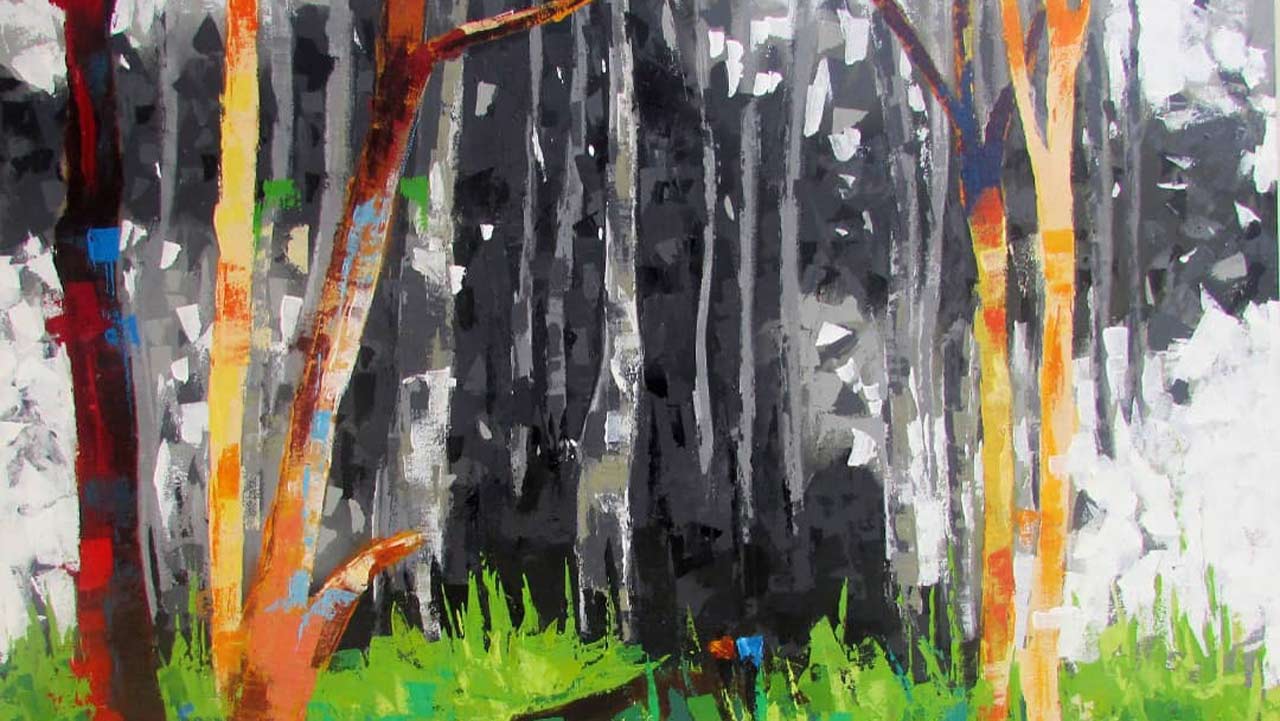
As Nigeria’s economic hubs, Lagos is incomplete without the flavour of art. In fact, the thriving art business in Lagos represents an important hub in Africa’s culture space. However, regular exhibitions, as main sustenance of the many art galleries, have been halted for the past two months. Reason: lockdown.
Despite easing of lockdown, Lagos art business in the city has not taken off. The effect of the economic losses has also extended to galleries outside the Lagos hub.
Arguably the oldest in Lagos art business, Mydrim Gallery, traditionally, opens in the last week of January or early February after the Christmas and New Year holidays. However, as the director, Mrs Sinmidele Adesanya said, the gallery’s losses from COVID-19 lockdown have not been calculated. But the disruption in the gallery’s takeoff this year is huge.
“The world is on hold at the moment,” Adesanya noted. “The lockdown has adversely affected our gallery’s sales; all exhibitions and events in the gallery’s calendar have all been postponed, indefinitely.”
She said it has also been “a big disappointment for artists who have invested so much preparing” for their exhibitions.
“With the uncertainty, anxiety and fear all around, people are not inclined to make non-essential purchases,” she assessed the art market. “Even with the partial resumption of business, the gallery is devoid of the normal buzz generated from the interaction of artists and art lovers,” Adesanya disclosed, adding that Mydrim, currently, is exploring the online window “to connect with our clients.”
Curator at Terra Kulture, Victoria Island, Tife Adedeji, said the lockdown in Lagos affected the entire commercial activities of the culture facility. “As Terra Kulture closed its doors to the public, so did its renowned art gallery.”
In the first quarter of the year, “two exhibitions were cancelled due to the COVID-19 pandemic, as we adjusted to the uncertainty of the virus spread and anticipate a steep change in daily operations in the future,” Adedeji lamented. “Though we understand nothing will replace the thrill of walking into our space to see art, we continue to check on our artists, as we work on virtual collections, exhibitions, and activities to promote artists and their works virtually and to entertain and engage the audience.”
Either in commercial or critical values, Alexis Galleries, also within Victoria Island, described the situation as “total loss.” Apart from selling art, Alexis is also in art residency for emerging artists.
“We have become obsolete in this time and day and do not exist in the mind of the people,” lamented curator, Patty Chidiac-Mastrogiannis. Selling art in choice axis like Lagos, no doubt, comes with high cost of doing business, including tax. For the art and culture sector, perhaps, a special tax holiday by the Lagos State government should be given to the art galleries.
Tax, Chidiac-Mastrogiannis pleaded, “should be waved off.” She added, “the tax for April and May, even beyond, should be deleted from the taxable calendar.” She argued, “the government can afford” the tax wave-off.
Win Arch Gallery, which is one of the oldest galleries on Lagos Mainland, was set for a fresh start at its new location in Ipaja when the lockdown was introduced in Lagos. “We just moved from our Ikeja location to Peace Estate, Ipaja, and about to start full operation when the lockdown came and halted our business,” Godwin Archie-Abia, proprietor of Win Arch lamented.
The gallery, he explained, has been winning new collectors and selling works of young artists right from its Ikeja location till date. In fact, he said, the Ipaja axis has potential for the gallery to expose new artists and win fresh collectors. “We have been networking with the community here, doing our ground work with hope that this year will be the time to start reaping the gains.”
Going forward, he hoped that the situation improves. “Our programmes this year include, Summer Art Class for Schools themed, Catch Them Young, to stimulate children consciousness in art and craft engaged them in practical experience of different media of arts.” He, however, hoped that the ease of lockdown going on now “will open up the economy for art to pick up again.”
GreenHouse Art Empowerment Centre, led by the artist Princess Iyase-Odozi ,also has a commercial gallery along its and youth skill facility outside Lagos, specifically, in Ogun State border town, Olambe. “This pandemic definitely took all unawares,” Iyase-Odozi said. “We at the GreenHouse Art Empowerment Centre had plans to organise visual arts training sessions in 2020, where various artistic skills were to be taught for the benefit of people in our host community, particularly the youth, women and the girl child. However, following the outbreak of this virus in Nigeria, we were obliged to postpone our plans, indefinitely.”
She has no doubt that art galleries, like other businesses, are seriously feeling the impact of the lockdown. However, she suggested the need to review “business models and modus operandi in light of social distancing and other public health preventive measures and the concomitant lifestyle changes.”
Various options, she advised, are open to galleries, including rationalising operations in a “modest scale in order to manage costs and survive; exploring creative forms of exhibitions.”
Iyase-Odozi listed such options as virtual, operating as philanthropic organisations and finding ways of getting funding to support not-for-profit activities.” She hoped for government and corporate supports in rescuing art business.






